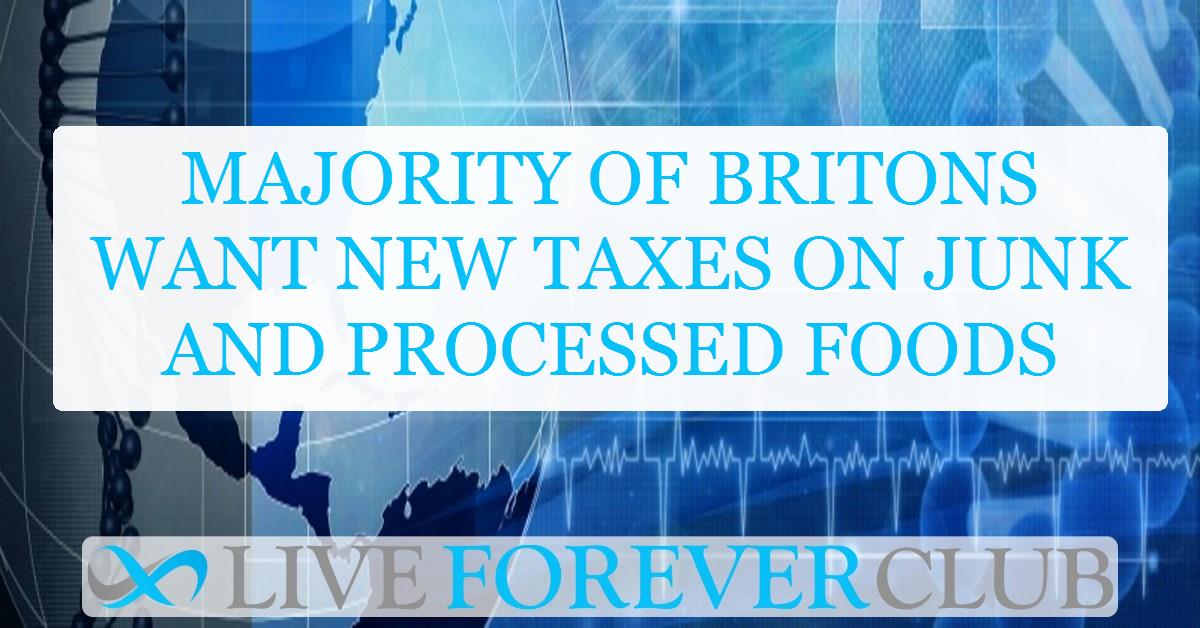Key points from article :
A recent Ipsos poll for the Health Foundation shows that a majority of Britons support new taxes on companies producing junk and ultra-processed foods to tackle the obesity crisis. According to the survey, 58% of respondents favor a sugar tax-style levy on products high in sugar or salt, with some revenue used to provide fresh produce to low-income families.
Additionally, 53% support taxing manufacturers of ultra-processed foods like biscuits and mass-produced bread. Opposition to these taxes is relatively low, with only 19% against taxing junk food producers and 24% opposed to taxing ultra-processed food manufacturers.
The poll results have led to calls for government action, highlighting the high economic and health costs of obesity, which amount to approximately £98 billion annually in the UK. Previous measures, such as the soft drinks industry levy introduced in 2018, demonstrated that taxes on unhealthy products can lead to industry reformulation and health benefits.
The support for taxing ultra-processed foods reflects concerns about their association with increased risks of heart disease, cancer, and mental health issues. While some experts advocate for taxing the entire category of ultra-processed foods, others suggest targeting individual products to avoid exacerbating health inequalities.
The Food and Drink Federation argues against new taxes, advocating instead for support to help companies create healthier products. They believe that encouraging innovation in healthier options would be more effective and cost-efficient. The Department of Health and Social Care emphasizes the importance of preventing health issues rather than focusing solely on treatment.







